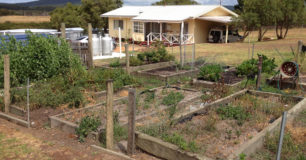Background
Work camps have been a feature of the Western Australian prison system since 1998. They give prisoners a staged transition from custody to freedom and provide reparation through community work projects. They have enhanced rehabilitation through skills training and socialisation, and the overall effect has been to reduce the likelihood of reoffending. Before 2011, Western …
Read moreConclusions
This was the first analysis by the Office of the Inspector of Custodial Services (‘the Office’) of the operation of work camps in Western Australia. The Office had long recommended increased investment in the camps, recognising their positive contribution to successful transition from custody to freedom. An analysis of the effectiveness of the camps conducted …
Read moreKey Findings
Both the Department of Corrective Services (‘the Department’) and the Office of the Inspector of Custodial Services (‘the Office’) have consistently supported the work camp process. Prior to 2011, work camps in Western Australia were located in re-purposed facilities at little cost. Camp occupancy was typically limited to twelve prisoners, and the overall number of …
Read moreRecommendations
Recommendation 1 Commence the development of work camps and other minimum security facilities, with a focus on reparation, skill development and rehabilitation, for female prisoners and juvenile detainees. Recommendation 2 Continue to invest in work camps for male prisoners in appropriate locations, including the option of a work camp in the south west that aims …
Read more


